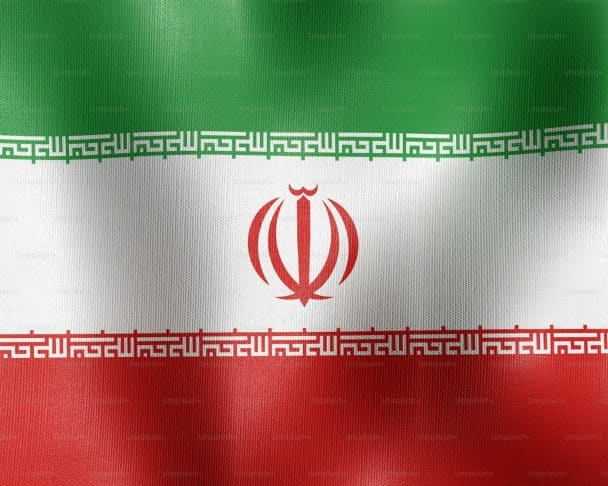Iran has made a bold declaration of sovereignty over Antarctica, signaling its intention to construct a military base in the South Pole, a move that directly contravenes the Antarctic Treaty’s stipulation prohibiting military activities on the continent. Iranian Navy Commander Rear Admiral Shahram Irani has issued a resolute statement, asserting Iran’s rights to territorial claims in the South Pole. In his proclamation, Irani boldly declares, “We have property rights in the South Pole,” outlining ambitious plans to unfurl the Iranian flag, undertake military and scientific expeditions, and establish a sustained presence in the region.
This audacious move by Iran aligns closely with the directives set forth by the country’s Leader, signaling a deliberate and calculated challenge to the established international norms governing Antarctica. The announcement of Iran’s intentions has elicited widespread apprehension and consternation from the international community, as it represents a significant departure from the longstanding consensus to preserve Antarctica as a demilitarized zone dedicated to peaceful scientific research and exploration.

The prospect of Iran establishing a military foothold in Antarctica raises profound concerns about the potential ramifications for regional stability and international security. It introduces a new dimension of geopolitical tension to an area traditionally characterized by cooperation and scientific collaboration among nations. Moreover, Iran’s assertive stance on Antarctic sovereignty may trigger diplomatic friction and provoke reactions from other states with vested interests in the region.
As Iran prepares to embark on this contentious endeavor, questions abound regarding the feasibility and implications of its ambitious plans. The logistical challenges of constructing and maintaining a military base in Antarctica’s harsh and unforgiving environment are formidable, raising doubts about the practicality of Iran’s aspirations. Additionally, the geopolitical ramifications of Iran’s actions could reverberate across the global stage, potentially exacerbating existing tensions and reshaping the dynamics of international relations.

In the face of Iran’s provocative assertions of territorial claims in Antarctica, the international community finds itself confronted with a complex and multifaceted challenge. Balancing the imperatives of preserving the Antarctic Treaty’s principles of peace and scientific cooperation with the need to address Iran’s assertive behavior poses a formidable diplomatic test for policymakers worldwide.

As Iran presses forward with its plans for a military presence in the South Pole, the world watches with a mixture of apprehension and vigilance, acutely aware of the potential implications for the future of Antarctica and global security.
